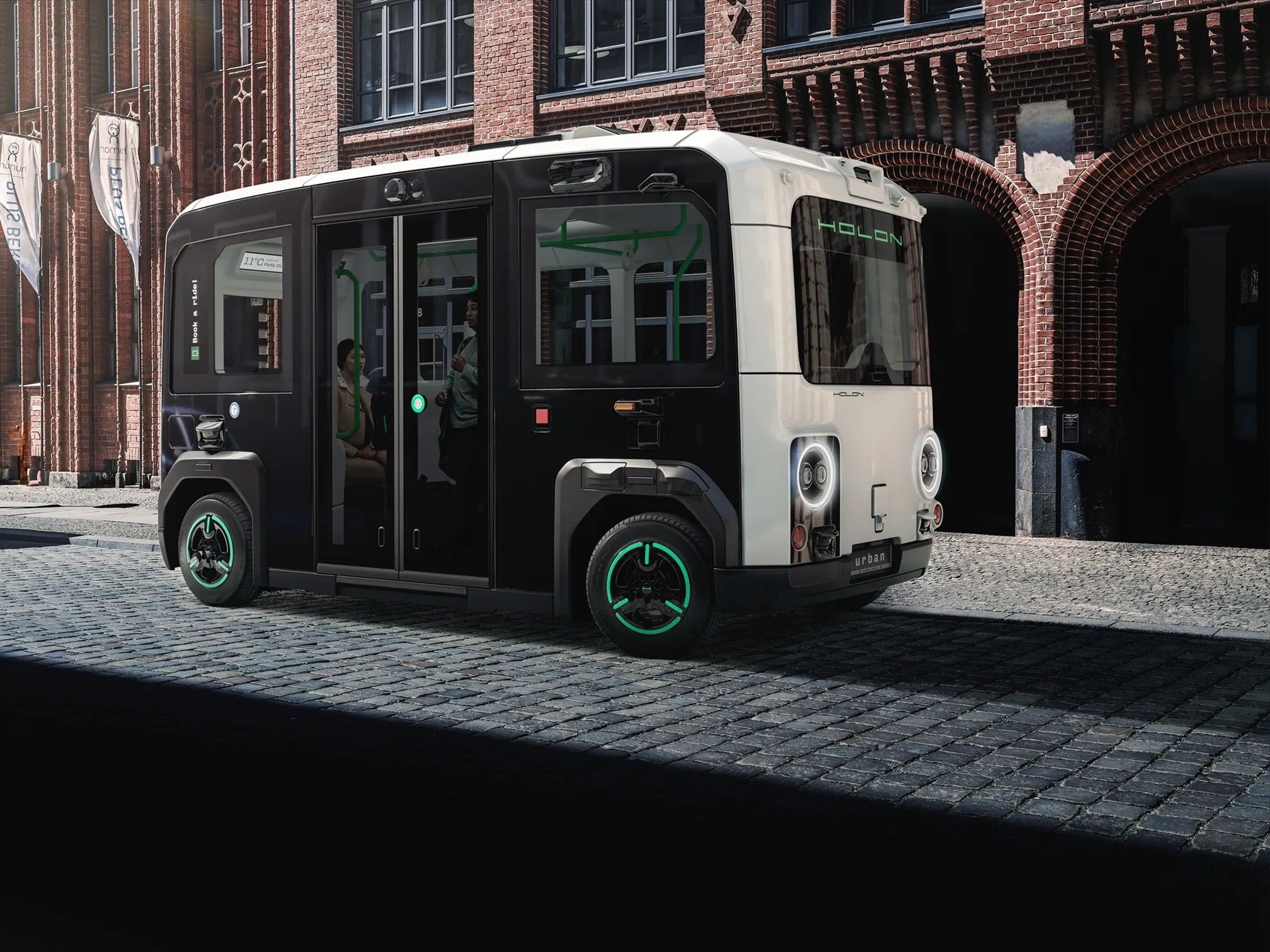Swiss firm ABB has developed technology that it says can charge a full-sized electric bus during ordinary stops, removing the need for overhead lines in major cities. According to ABB, the bus can be charged with a fifteen-second, 400 kilowatt boost at selected stops, which allows for the vehicle to top off its charge while the passengers are loading or leaving the bus, and a three to four minute charge at the end of the bus line will then fully recharge the batteries.
June 3, 2013
Read time: 2 mins
Swiss firm 4540 ABB has developed technology that it says can charge a full-sized electric bus during ordinary stops, removing the need for overhead lines in major cities.
According to ABB, the bus can be charged with a fifteen-second, 400 kilowatt boost at selected stops, which allows for the vehicle to top off its charge while the passengers are loading or leaving the bus, and a three to four minute charge at the end of the bus line will then fully recharge the batteries.
The new technology will be put into operation in a pilot project using a large capacity electric bus in Geneva, Switzerland, as part of a pilot project called Trolleybus Optimisation Système Alimentation (TOSA), running Geneva airport and the city’s international exhibition centre, Palexpo.
"Through flash charging, we are able to pilot a new generation of electric buses for urban mass transport that no longer relies on overhead lines. This project will pave the way for switching to more flexible, cost-effective, public transport infrastructure while reducing pollution and noise" says Claes Rytoft, acting chief technology officer at ABB
The flash charger uses a laser-controlled arm to connect the receptacle on the bus with the charger, which could be integrated into the bus stop itself. This type of system could allow for electric buses to replace trolleys and subway systems in urban areas, and in the process, remove unsightly overhead power lines used to feed them.
According to ABB, the bus can be charged with a fifteen-second, 400 kilowatt boost at selected stops, which allows for the vehicle to top off its charge while the passengers are loading or leaving the bus, and a three to four minute charge at the end of the bus line will then fully recharge the batteries.
The new technology will be put into operation in a pilot project using a large capacity electric bus in Geneva, Switzerland, as part of a pilot project called Trolleybus Optimisation Système Alimentation (TOSA), running Geneva airport and the city’s international exhibition centre, Palexpo.
"Through flash charging, we are able to pilot a new generation of electric buses for urban mass transport that no longer relies on overhead lines. This project will pave the way for switching to more flexible, cost-effective, public transport infrastructure while reducing pollution and noise" says Claes Rytoft, acting chief technology officer at ABB
The flash charger uses a laser-controlled arm to connect the receptacle on the bus with the charger, which could be integrated into the bus stop itself. This type of system could allow for electric buses to replace trolleys and subway systems in urban areas, and in the process, remove unsightly overhead power lines used to feed them.









